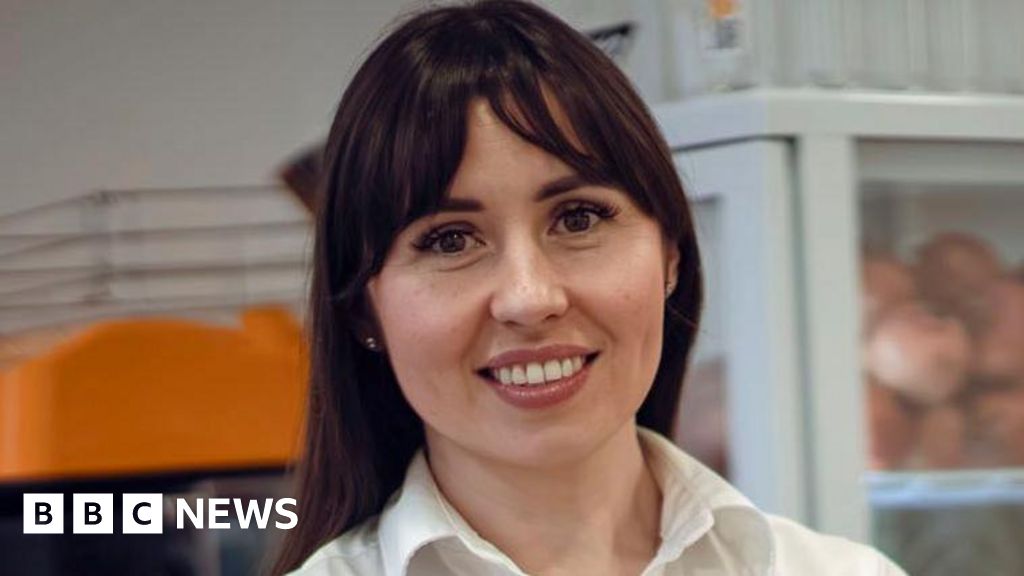Catalans voted on Sunday in a regional election which could serve as a barometer for the level of support for seceding from Spain.
Opinion polls show the Socialists under Salvador Illa as the party with the most support, ahead of the separatist Junts and the Republican Left of Catalonia (ERC).
What else do we know about the election?
"My sense today is that we are entering a new important stage in Catalonia," Illa said before casting his ballot.
No party is likely to reach an absolute majority of seats, meaning they will need coalition partners to form government.
 Separatist leader Carles Puigdemont campaigned from southern France ahead of the likely passage of a bill that would grant him amnestyImage: Adria Puig/Anadolu/picture alliance
Separatist leader Carles Puigdemont campaigned from southern France ahead of the likely passage of a bill that would grant him amnestyImage: Adria Puig/Anadolu/picture allianceJunts candidate Carles Puigdemont, who led Catalonia during a 2017 independence referendum that was declared illegal by the constitutional court, hopes to return to power and come back to Spain.
Following the independence vote, Puigdemont fled to Belgium and hopes to return home after Spain's government under Prime Minister Pedro Sanchez's Socialist government championed a bill that would grant amnesty to people involved in the secession vote. The bill is expected to come into effect by late May.
Sanchez hopes for regional victory
The Socialists winning the regional election in Catalonia would represent a substantial victory for Sanchez, who has promised to "heal the wounds" caused by the referendum and the subsequent judicial action.
The push for Madrid to reconcile with Catalan separatists has been bitterly opposed by the Spanish right and far-right.
Last month, Sanchez took a five-day break from office to consider resigning after what he called a smear campaign against his wife, who right-wing parties accused of corruption.
So far both Junts and ERC have ruled out forming a coalition with the Socialists.
ERC under Pere Aragones currently governs in coalition with Junts.
If negotiations fail to produce a viable coalition by August, another election will be held in October.
sdi/lo (AFP, AP, Reuters)

 9 months ago
47
9 months ago
47









